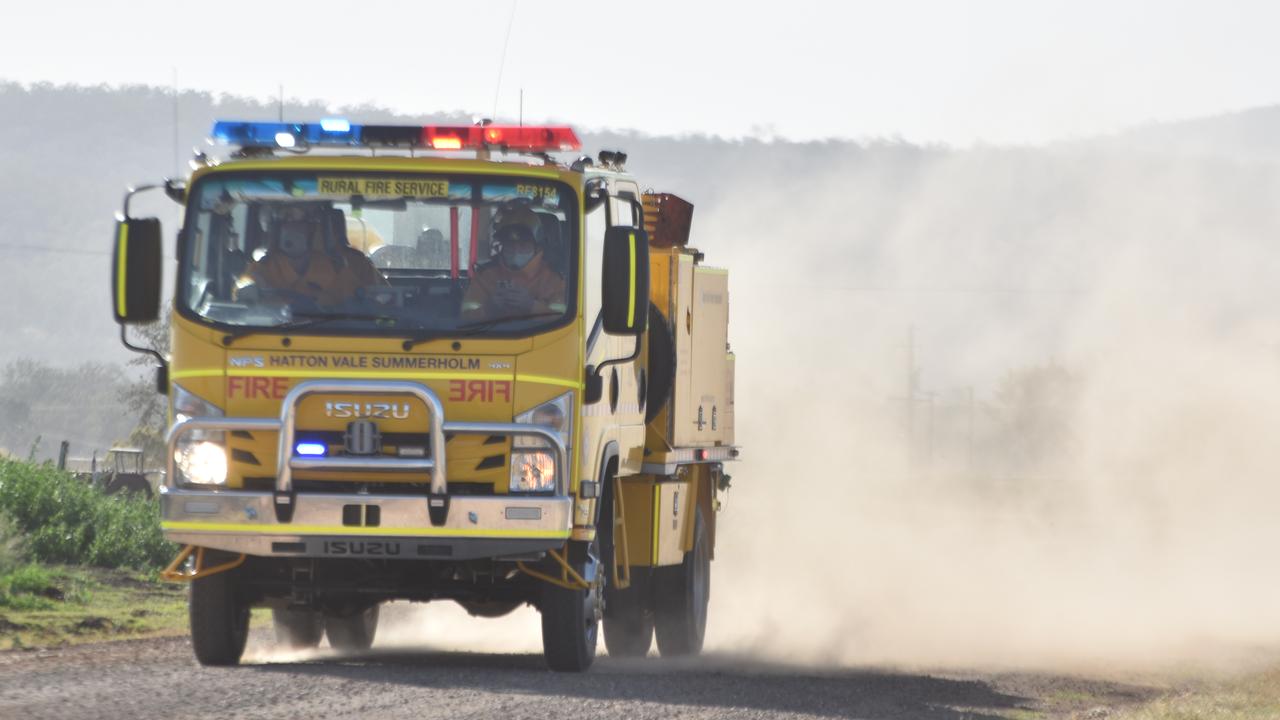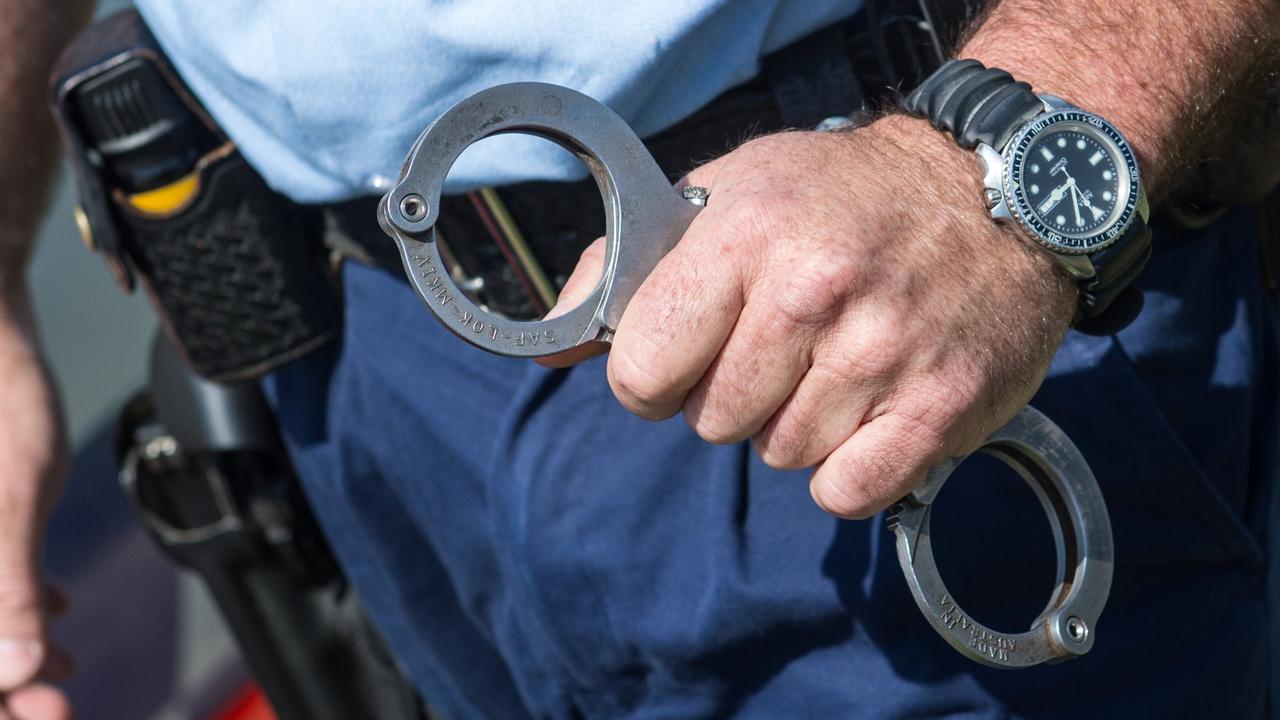Fisho blames locking up of barra resource on UNESCO influence
A FNQ fishing advocate has slammed a gillnet ban he says have been enacted at the behest of a powerful international green lobby to the detriment of Qld families soon to be forced off the water.
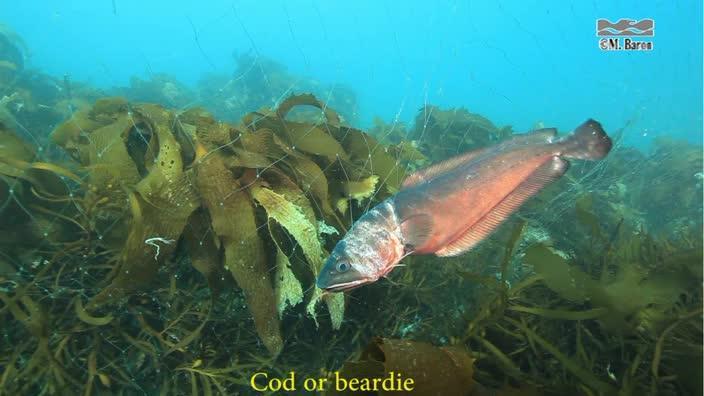
Cairns
Don't miss out on the headlines from Cairns. Followed categories will be added to My News.
A Far North fishing advocate has slammed a gillnet ban he says have been enacted at the behest of a powerful international green lobby to the detriment of Queensland families soon to be forced off the water.
More than $160m has been budgeted to fund the phasing out of the commercial gillnet fishery.
Cash will be used to create net-free zones in the northern third of the Great Barrier Reef and parts of the Gulf of Carpentaria in major changes aimed at reducing death of bycatch species such as threatened dugongs, turtles, dolphins and protected shark species.
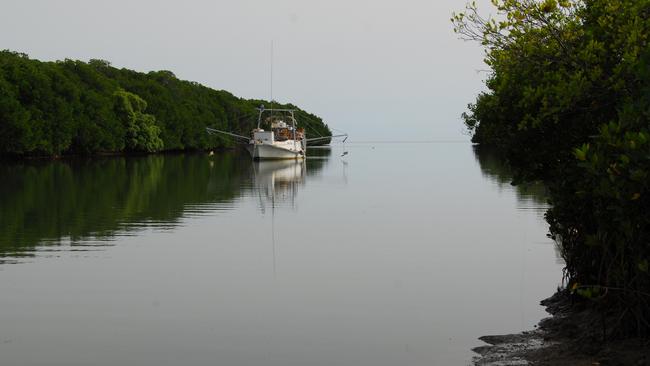
But according to renowned fishing writer Dick Eussen the push to lock up a lucrative wild caught barramundi fishery comes at the suggestion of UNESCO and the International Union for Conservation of Nature after the groups made climate change recommendations to government.
“(The groups) presented 22 climate change recommendations on fisheries and water quality policy to the Queensland and federal governments to ‘improve’ outcomes for the Great Barrier Reef world heritage area and ‘protect’ its world heritage status, or were they orders?” he said.
“My point is, locking up a resource for what, the protection of turtles and dugong that is pretty much taken care of already.
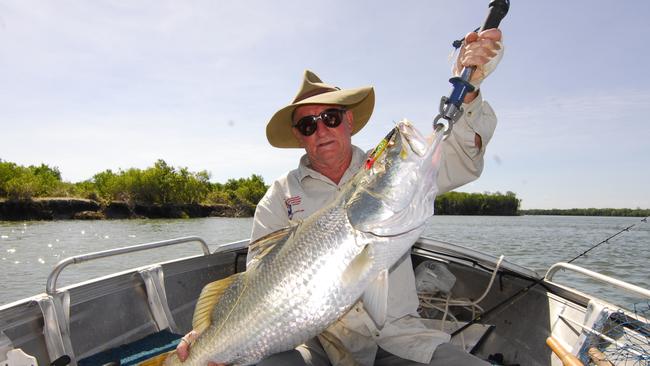
“This is not management of the fishing resources but a lockdown of a valuable food resource.
“We are a joke on a world scale, an island nation that is importing fish because our own fishes are protected in areas that are far larger than most countries.
“Australia has more protected sea and land areas than the rest of the world combined.”
Under the Sustainable Fisheries Strategy a “net-free north” from Cape Bedford to the tip of Cape York will also be established and a phasing out of the remaining limited N1 licences will make the Reef gillnet free by 2027.
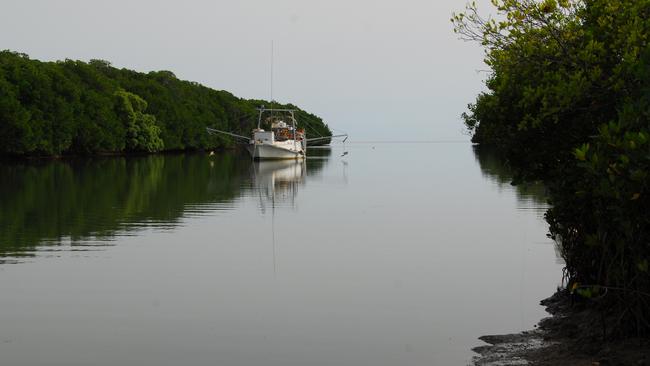
Fisheries Minister Mark Furner acknowledged international pressure to protect the Great Barrier Reef but insisted more sustainable seafood supply chains were needed.
“The changes address concerns raised by UNESCO and aim to help the commercial fishing industry transition to more sustainable fishing practices that minimise harm to the reef,” he said.
In terms of compensation for inshore families that make a living gill netting barramundi and threadfin salmon, Mr Furner said $100m of the total $160m spend would flow to the commercial fishing industry in a transition to more sustainable practice.
“My department has been contacting affected commercial fishers and other stakeholders to provide them with further information,” he said.
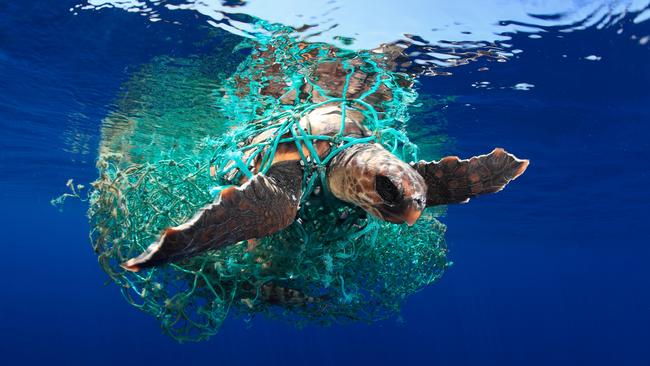
“The government acknowledges that the announced changes to fishing within the Great Barrier Reef Marine Park, and other related changes, will have significant impacts on some fishers.”
It’s understood the ban will not impact on any native title fishing rights currently held by
Aboriginal and Torres Strait Islander peoples.
More Coverage
Originally published as Fisho blames locking up of barra resource on UNESCO influence




